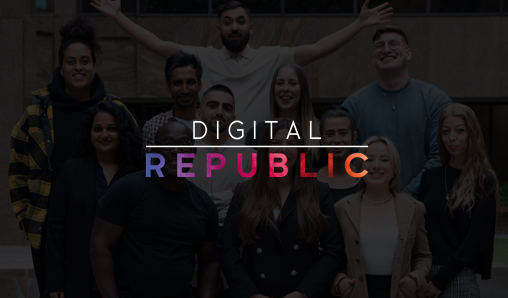So, here’s a checklist to signpost you to areas you may want to address. Some of it may seem a bit obvious but, because many people don’t interview frequently, it’s worth reminding yourself of the process.
Plan as far in advance as possible
Work on answers to the most common interview questions. The “tell me about yourself” or “talk me through your CV” questions are normally asked to ease you in, so make sure you’re ready for them.
Have a short, two or three minute response that you can give comfortably. Start with a strong statement, such as: “I am a project manager with 15 years’ experience of technology projects in the media sector.” Then follow this with a summarised chronological story showing how you got to your current career position. No career history is perfect, but if you have gaps in your CV – or lots of short jobs – have a way of telling the story around them without becoming defensive.
Read carefully through the job and person specification, identifying your experiences that demonstrate the skills or knowledge gained. Again, practise articulating each one. Writing down an answer is a good way to do this — reading it aloud, recording yourself or having a mock interview is even better.
Now think about how you’re going to address the more tricky questions, such as, “where would you like to be in five years’ time?” or “what are your weaknesses?”.
If it’s not explicit in the invite, find out the format of the interview and the number of people involved beforehand. It’s not that you have to prepare particularly differently, but if you’re expecting a relaxed chat with a HR person and you get five senior people grilling you, it’s likely to throw you.
Research the company, paying attention to news stories, their website and strategic plans. See if you can also speak to someone in your network who works or has worked there.
Before the interview
Prepare your interview outfit: shine the shoes and plan grooming things like getting a haircut. Dressing well can increase your confidence as well as boosting your professional image.
Work out where you’re going, travelling times and transport options. If you can factor in more time and locate a coffee shop nearby, it may help to reduce travelling anxiety. Have a copy of the job description and the person specification on you and a couple of copies of your CV, all in a neat folder or portfolio case. Read through them again before you head in.
During the interview
Don’t be afraid to pause and think. You don’t need to fire back an answer in the first millisecond — and sometimes it’s good to acknowledge that you’ll need a few moments for consideration. In general, people speak too quickly in interviews because they’re nervous, so slow down if you notice yourself racing.
Make sure you’re clear about the next steps following the interview. Many organisations take a lot longer than they say to get back to you, so it may be worth saying: “So you’ll let me know by next Monday? If I don’t hear by Wednesday is it ok to drop you a line?”
After the interview
As soon after the interview as you can, find a quiet place and write down as many of the questions that you were asked as you can remember. Rank how you answered them on a scale of one to ten. Work on the answers in order from lowest to highest so that you can improve for future interviews.
The next day, you could drop a line to the interviewers thanking them for the opportunity, and asking any questions that may be outstanding. But don’t pester or stalk: some companies prefer a defined process where you don’t contact people directly. If you don’t hear by the allotted time, follow up.
Whether or not you are successful in securing the role, look at is as a good opportunity to engage people, grow your network and get better for next time round. If you’re not successful then ask for feedback, although many organisations are coy in case feedback is used against them.
And if you’re successful, well done. Now it’s time to start thinking about the second round of interviews.




